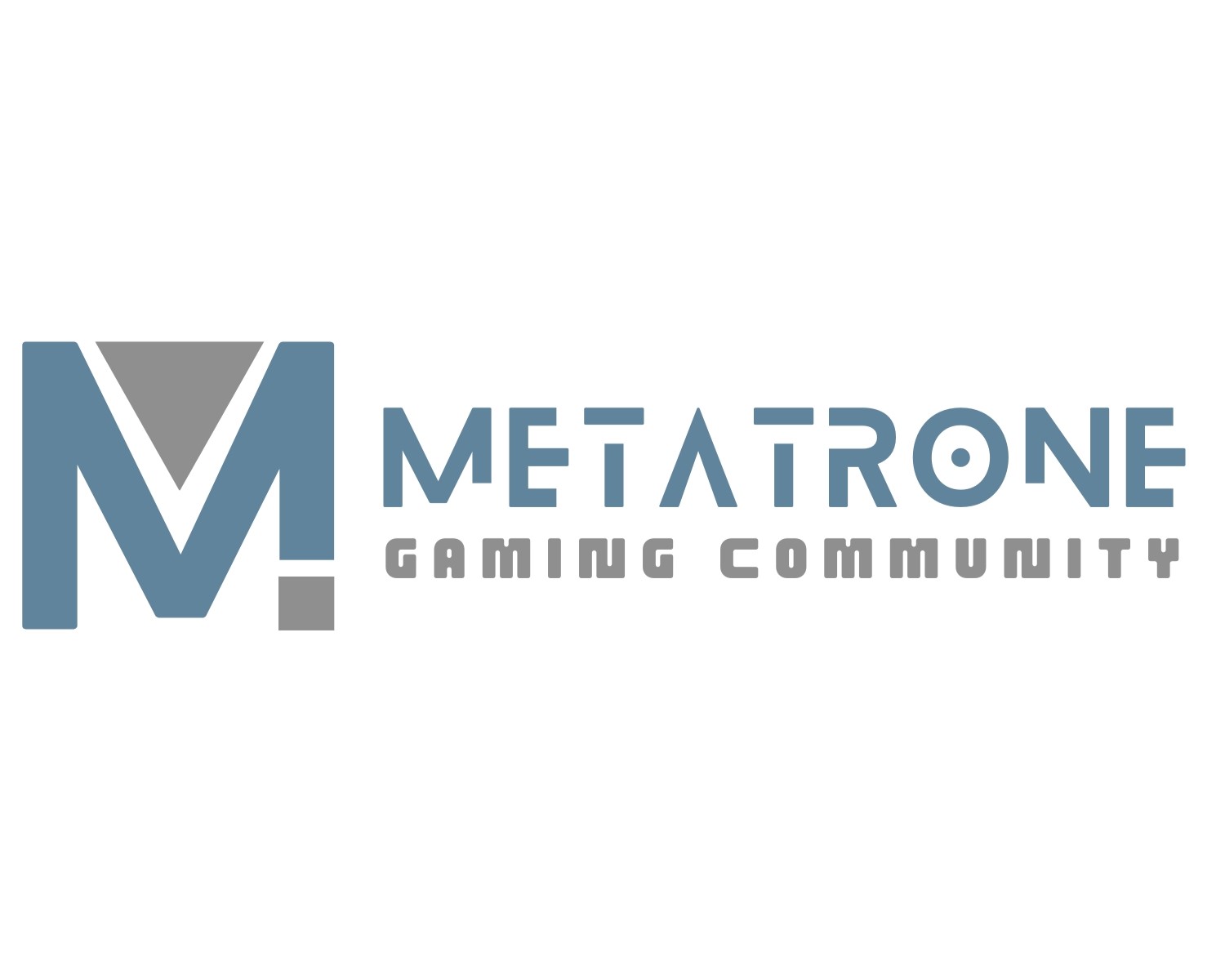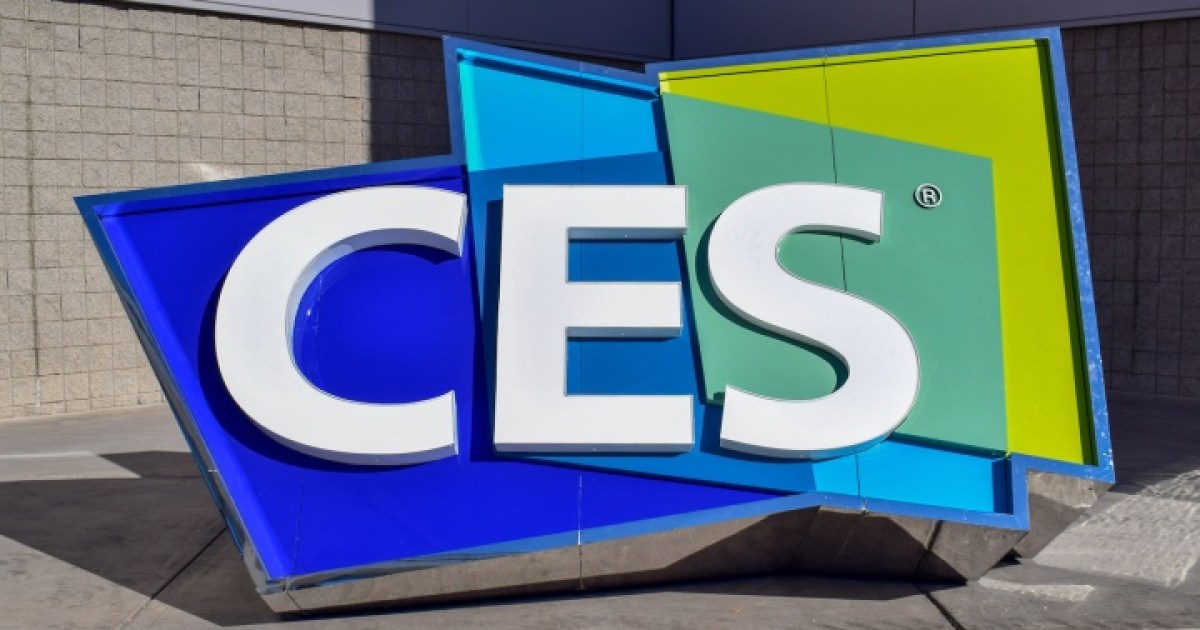App Store, Safari… Apple announced historic changes to the iPhone
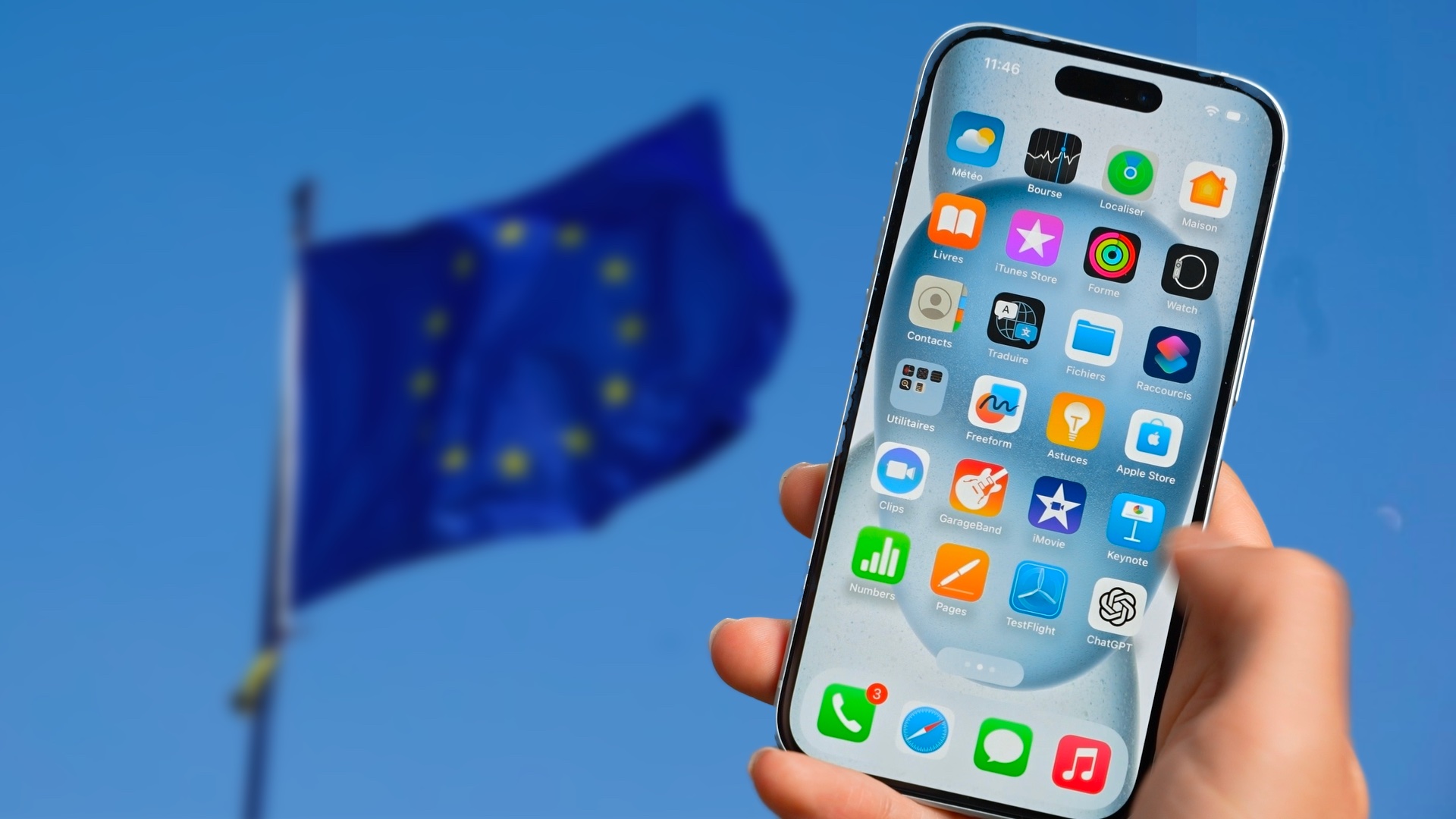
In order to comply with the European Digital Markets Act (DMA), Apple is announcing several major changes to its app ecosystem. As expected, alternative app stores are now allowed, while some default apps like Safari and Apple Pay are now optional.
This is a historical press release. On January 25, Apple published an article on its newsroom titled “Apple announces changes to iOS, Safari and the App Store in the European Union”. In this rather long article, Apple does something unusual: it focuses on its own new features. The changes announced by Apple are not of its making, as they are determined by the European Union. Apple does not fail to point out that it does not agree with the European DMA, specifically stating that the new features of the day “Open the door to viruses, fraud, scams and illegal content”. We are far from the usual vocabulary of the incredible and the revolutionary.
What does DMA change for iPhone in Europe? Many things. This article summarizes the main changes, with more expected in the coming hours.
The App Store: The (Almost) End of the Monopoly
As planned for several months, Apple is abandoning the single model of the App Store, at least in the European Union (the unknown geolocation system still indicates iOS if the user is in a country affected by DMA.
Specifically, this means that it will be possible to install competitors from the App Store on your iPhone. Google and Amazon may be tempted by the experience, as is Epic Games, which calls for its own store. Fortnite Over the years (Epic Games confirmed the return Fortnite in Europe in 2024). Any developer can use the new API to create their own app store with their own rules (or almost, you see).
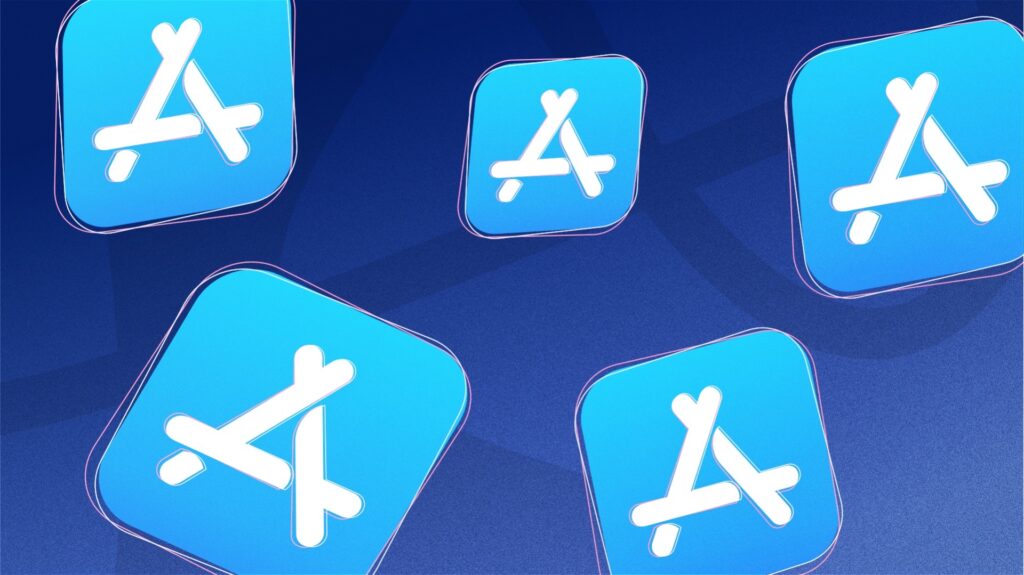

European App Store, App Store for the world
Almost, because Apple sets the rules anyway. This may seem against European law (no doubt justice will be involved), but Apple wants to offer developers a choice between two systems:
- The first is the same as before with a 30% commission (15% for small developers) on App Store exclusive sales and purchases. Developers do not have access to the new European API.
- New allows you to sell your apps on the App Store, in other stores, or anywhere. Commissions drop to 17% (20% if the developer uses Apple’s payment engine) or 10% for smaller developers. With this new App Store, developers get new APIs… but with new taxes Apple has to pay. After 1 million downloads, they have to pay the brand 50 cents for each first download. This is what Apple calls the “Core Technology Fee”.
Apple also opposes installing software from the website; You must go through the App Store or a competing store (and these competing stores are approved by Apple).
Apple predicts that most users will remain loyal to the App Store under these terms, which apparently suits it. Developers who don’t want to use private APIs, modify system functions, or pay commissions must accept Apple’s new rules and leave the App Store, which could prevent them.
Payments outside the App Store
Another change: the ability to redirect the developer to the site to pay the user, bypassing the Apple commission. With this new feature, Spotify will be able to offer promotions from its iOS app and offer its users the option to subscribe via PayPal, without sharing anything with Apple.
There is one important nuance though, payments outside of Apple are reserved for developers who accept the terms of another European app store. Those who want to stay on the current model without 50 percent tax, will have to continue paying 30% tax.
Safari will offer to download Chrome
When Safari first launches, European users will have the choice to switch web browsers, such as on Windows or Android. With this change, the EU wants to prevent Apple from imposing Safari.
Another change: Apple’s WebKit engine is no longer mandatory on iOS. Google, for example, may offer Chromium on Chrome, which has different performance than Safari.
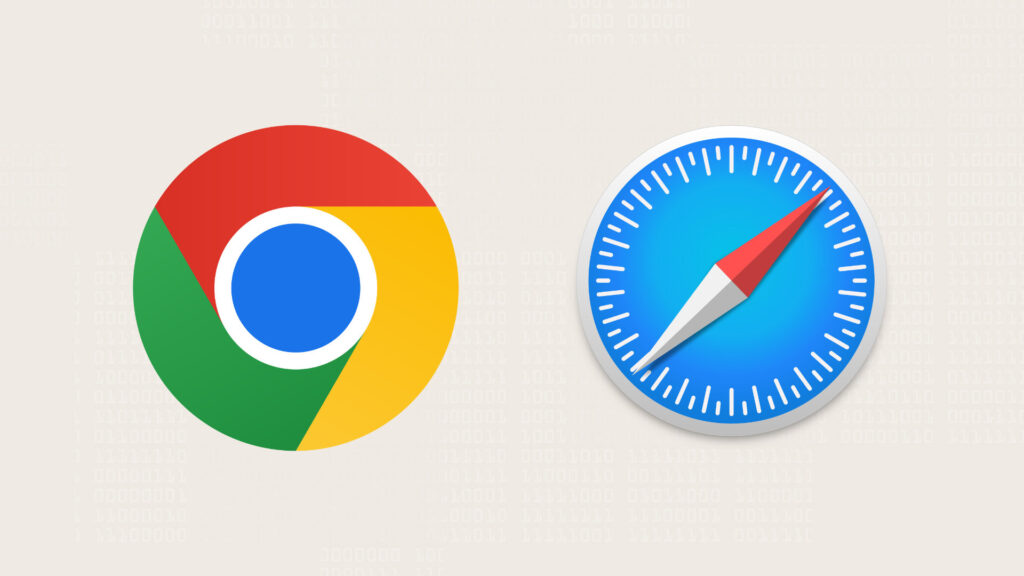

Apple Pay: Decline announced in France?
Another end to the monopoly: Apple Pay. The European Union now requires Apple to unlock the NFC chip banks in its iPhones. Specifically, this means that when withdrawing from Apple Pay, nothing prevents CIC Pay or SG Pay from being initiated to pay CIC or Société Générale.
Here, the reaction of banks will be specifically examined. Is Apple Pay too beloved to disappear? Or will it be abandoned now that it is no longer mandatory?
Cloud Gaming is authorized on the App Store
This is the only global change in Apple’s announcements (the rest are reserved for Europe): cloud gaming applications, such as Xbox Game Pass And Nvidia GeForce Now, is now valid on the App Store. They should appear on iOS, iPadOS, tvOS and visionOS soon.
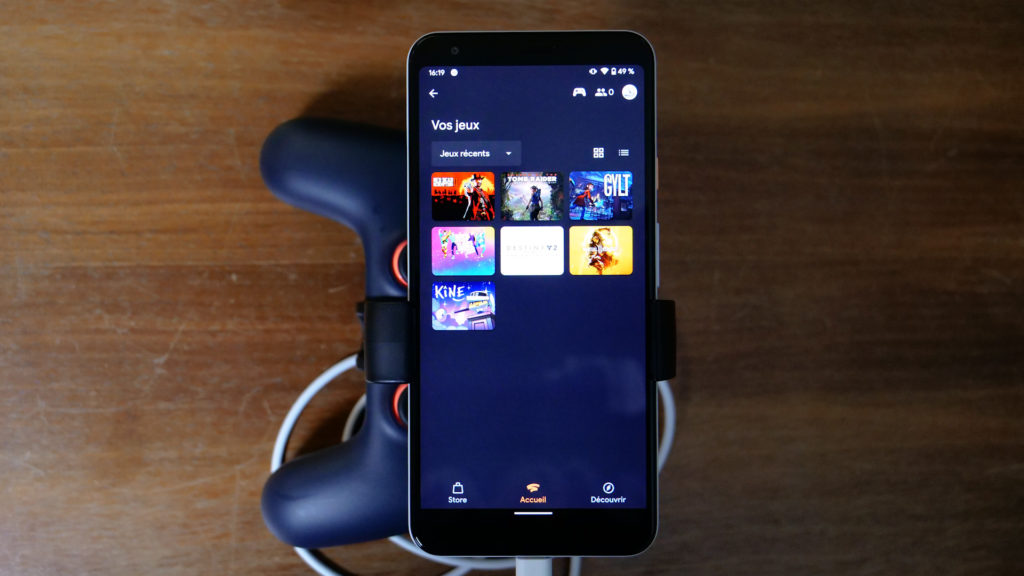

Changes since March
Developers who wish can build their European apps now with iOS 17.4 beta (which enables these new features). The update will be available in March, probably before the 6th, for all users. Thus Europeans will have a “free” iPhone, with different applications than the rest of the world.
It remains to be seen whether Apple’s proposed changes comply with European law. The brand heralds historic changes while remaining in control. Its aim is apparently to protect its own interests, while lining European consumers.
Subscribe to Numerama on Google News so you don’t miss any news!




